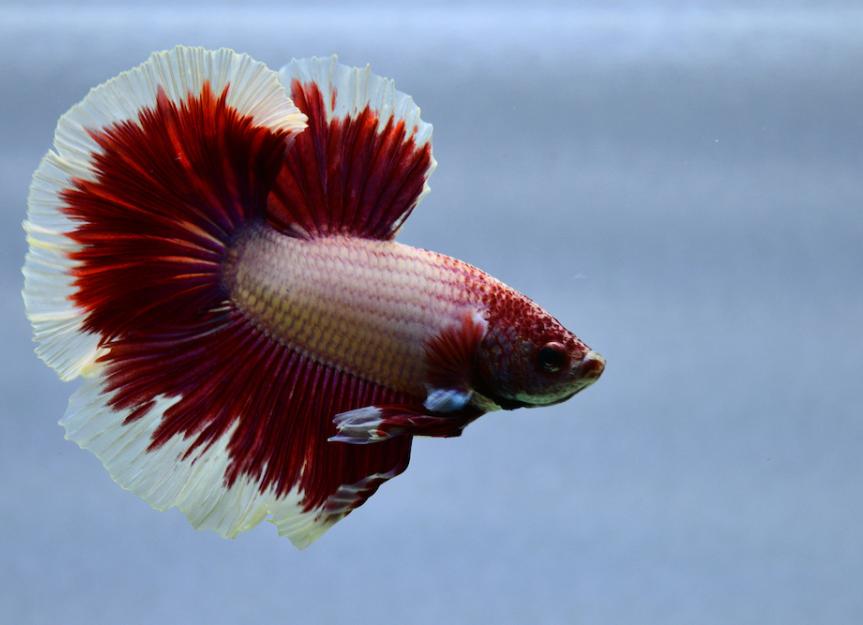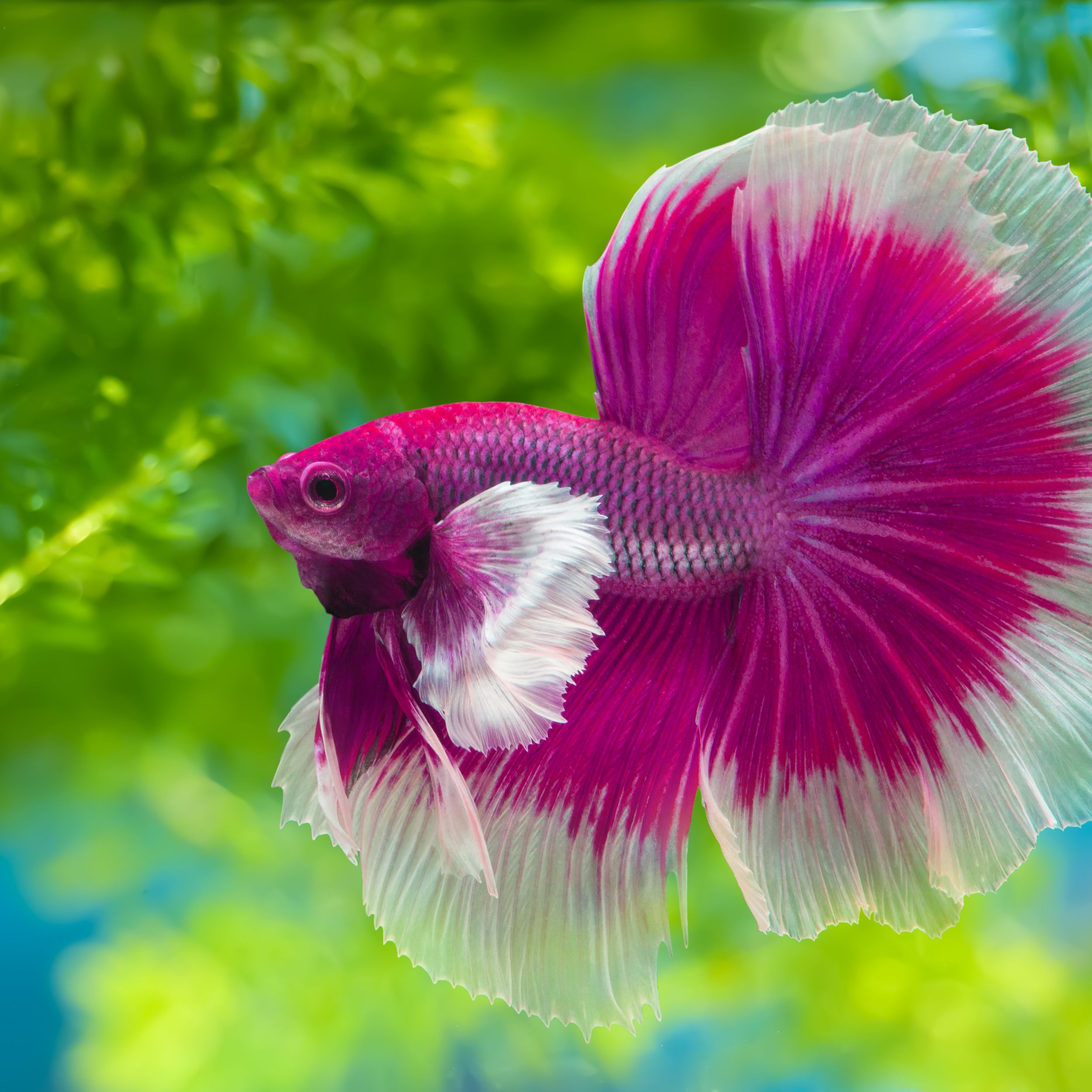Typical Betta Fish Conditions and Exactly How to stop Them
Typical Betta Fish Conditions and Exactly How to stop Them
Blog Article
The Ultimate Guide to Betta Fish Care: Essential Tips for Preserving a Healthy And Balanced and Thriving Aquarium Environment
Effective Betta fish treatment demands a thorough understanding of their distinct environmental and physiological needs. Developing a suitable fish tank begins with choosing the right container size and making sure optimal water problems, which are crucial for the wellness and health of your Betta.
Choosing the Right Container
Picking the ideal container for your Betta fish is important to guaranteeing its health and wellness and well-being. Bettas prosper in settings that simulate their all-natural environments, which normally are composed of calm, cozy waters. A tank size of a minimum of five gallons is recommended to supply ample swimming area, as smaller sized tanks can lead to stress and anxiety and health issues for these dynamic fish.
When picking a tank, think about the storage tank's form and purification system. Additionally, a trusted filtering system is crucial to preserve water quality and decrease the regularity of water changes.
Temperature policy is one more key aspect; Bettas like water temperature levels between 76 ° F and 82 ° F. Purchasing a great heating unit will certainly make certain that the water stays within this variety, advertising a healthy and balanced and active lifestyle for your Betta. Providing suitable container designs and hiding places will certainly aid reduce anxiety and encourage all-natural actions, additionally boosting your Betta's health.
Maintaining Water High Quality
Maintaining ideal water top quality is essential for the wellness and longevity of Betta fish. This needs routine monitoring of various parameters, including temperature level, pH, ammonia, nitrite, and nitrate degrees.
Routine screening making use of a dependable water screening set can aid make sure these parameters stay within the suitable arrays. Ammonia and nitrite degrees must always be at 0 ppm, as even low concentrations can be hazardous to Betta fish.
Regular water adjustments are essential to maintaining water top quality. Furthermore, including a robust filtration system can aid in maintaining water clearness and top quality, providing a healthier environment for your Betta fish.
Perfect Feeding Practices
Giving a balanced diet plan is important for the health and lively pigmentation of Betta fish, as their dietary requirements play a considerable role in their total health. Betta fish are carnivorous naturally, calling for a diet high in healthy protein. A mix of premium pellets, frozen or live foods such as bloodworms, salt water shrimp, and daphnia can provide the necessary nutrients they require.
Feed your Betta fish 2 to 3 times a day, supplying just what they can take in within 2 to 3 mins to avoid overfeeding and preserve water quality. Overfeeding can lead to obesity and wellness concerns, consisting of swim bladder disease. It is important to monitor their dietary consumption and readjust part dimensions as necessary.
Along with healthy protein, a balanced diet plan should include minerals and vitamins to advertise ideal wellness. Consider supplementing their diet with top quality flakes or pellets specifically formulated for Betta fish, as these typically include essential ingredients.

Producing a Suitable Environment

Water high quality is extremely important; preserve a temperature between 76 ° F and 82 ° F, and make sure the pH degree ranges from 6 - betta fish.5 to 7.5. Regular water modifications of 25-50% weekly will certainly help keep toxic substances away and make certain a stable atmosphere
Including plants and concealing spots is critical, as Betta fish are naturally territorial and appreciate having areas to explore and pull back. Live or silk plants, in addition to caverns and accessories, can create a revitalizing environment.

Normal Wellness Checkups
Carrying out normal health and wellness check-ups is essential for guaranteeing the well-being of Betta fish, as very early detection of possible problems can protect against severe health troubles. These checkups must encompass a thorough exam of the fish's physical condition, habits, and ecological aspects.
Begin by observing the Betta fish for any kind of indications of distress, such as sleepiness, anorexia nervosa, or uncommon swimming patterns. Additionally, check the fins and body for signs of staining, lesions, or fin rot, which can show infections or parasites. Consistently checking the water quality in the fish tank is just as important; specifications such as pH, ammonia, nitrite, and nitrate levels must be preserved within ideal arrays to stop tension and health problem.
Additionally, think about keeping a log of health monitorings and water top quality tests. This record can help with the identification of fads or recurring problems. If any type of irregularities are identified throughout the checkup, it is vital to seek advice from a vet experienced in marine pets. Prompt treatment can make a significant difference in the healing of your Betta fish, making sure a lengthy and healthy and balanced life in a properly maintained fish tank setting.
Verdict
To conclude, effective Betta fish care view publisher site pivots on creating and keeping an ideal fish tank atmosphere. Key elements consist of choosing an appropriately sized container, making sure consistent water top quality, sticking to excellent feeding practices, and developing an environment that reduces tension. Regular health and wellness hop over to these guys checkups are essential for early detection of possible problems. By following these standards, aquarists can promote the well-being and vibrancy of Betta fish, eventually resulting in a thriving water community.
Report this page